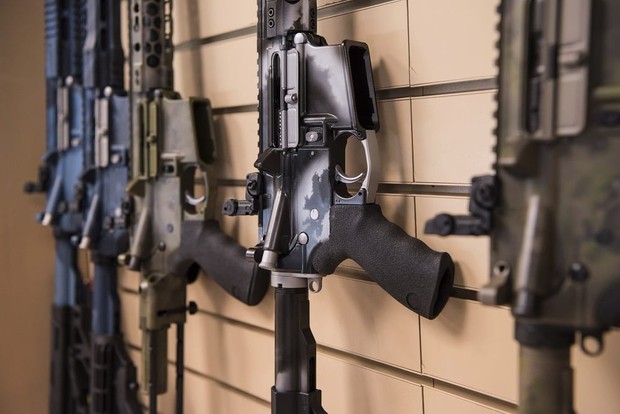
In this photo taken March 15, 2017, AR-15 style rifles made by Battle Rifle Co., a gunmaker in Webster, Texas, are on display in its retail shop. The gunmaker is one of more than 10,000 currently in the United States. President Donald Trump promised to revive manufacturing in the U.S., but one sector is poised to shrink under his watch: the gun industry. Fears of limits on guns led to a surge in demand during President Barack Obama’s tenure and manufacturers leapt to keep up. (AP Photo/Lisa Marie Pane)
On September 11, 2001, most of the United States was watching in horror as terror attacks rocked the nation.
On that same day, I was at home with family, mourning the death of my grandmother. She was an alcoholic, had been in rehab, and had been recently divorced. She lived by herself, and I suppose that isolation combined with these other factors in a bad way. She called my grandfather, told him goodbye, and shot herself.
I was in middle school at the time and barely understood the concept of suicide. But, it had a profound impact on my life. The idea of someone doing to their family what my grandmother had done to mine was horrifying. I loved this woman with all my heart. She was the person I was closest to in the whole world, and she was suddenly gone.
That impact has probably saved my life. In 2018 I was diagnosed with depression and subsequently started seeking treatment.
With every mass shooting comes a discussion on how we can make things safer for American citizens. Do we restrict sales, create gun-free zones, buy guns to protect ourselves, etc. On the right, one of the first talking points after a shooting, aside from buying more guns, is to address mental health.
Republicans in Washington D.C. and even President Donald Trump have voiced support (or, at least, consideration) for “red flag laws.” These laws are designed to set up a system by which law enforcement can be made aware of potential threats to public safety. Many of these warnings come in the form of erratic behavior, questionable statements, and other signs that get lumped into the category of “mental illness.”
There’s a problem with this “diagnosis,” namely in that you can’t diagnose a shooter at all based on this criteria, and rarely do you find a mass shooter who fits this ideal profile of a shooter. Some do exhibit the signs – like the Dayton shooter, who kept a kill and rape list – but some seem perfectly fine right up until they open fire.
Many times, someone with an issue doesn’t exhibit any noticeable signs and then something triggers it. Other times, they are victims of societal neglect. These aren’t things red flag laws will catch.
I don’t know when my grandmother got the gun. But even with the alcoholism and rehab, she never once seemed like the type of person who would commit suicide.
In a few cases, there are noticeable signs that authorities could act on. As my colleague Streiff pointed out, many people look at the example of the Parkland shooter in this case.
The idea here is that, in the instance of the Parkland shooter, if the police who had visited the shooter’s home at least 39 times due to complaints of dangerous behavior by his step-parents and the educators who didn’t want him expelled from school because it would screw up their statistics had only had this tool, then the shooter could have been prevented from carrying out the shooting. I stopped believing in leprechauns a long time ago.
As he goes on to point out, it is hard to prove just how successful it will be in saving lives. With this system, you are essentially asking law enforcement to rely on the judgment of people who are nervous or scared, and rarely do fear or nerves make for a good basis in judgment. The red flag law will simply create a system by which people who have exhibited any sort of disorder will face the threat of losing their guns, and you really stand on shaky constitutional ground as it pertains to both the Second Amendment and due process.
Not to mention the number of personal fights (bitter divorces, political or social disagreements, etc.) that end with someone claiming the other is crazy and dangerous and owns guns, then you get into even more of a constitutional mess.
“Mental illness” has really become a rhetorical scapegoat in this sense, and using it to justify red flag laws doesn’t help anyone. It creates more opportunity for people who may have some issue to have their rights stripped because the average citizen really doesn’t understand mental illness. Meanwhile, other people with absolutely no issues whatsoever will fall victim to a hostile person leveling accusations simply because they are fighting over something.
I know people want to solve the problem, but creating a system based on judgment calls and accusations is not the best way to go about it. Once again, it’s not something you can label and file away. It is an issue that has to be discussed at length.
Once again, we’re rushing into an emotional decision without weighing the long term consequences.
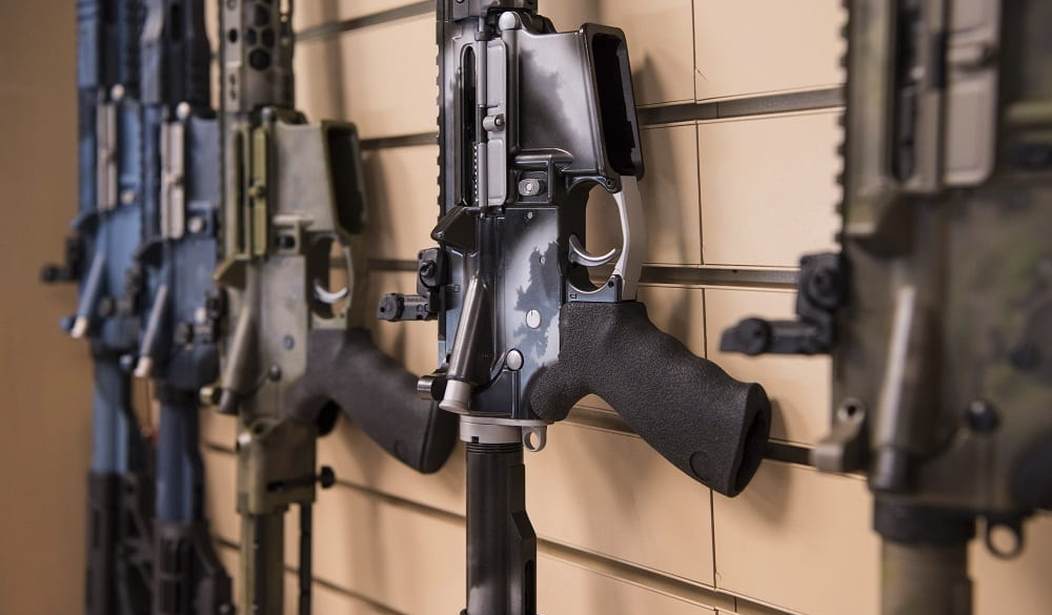


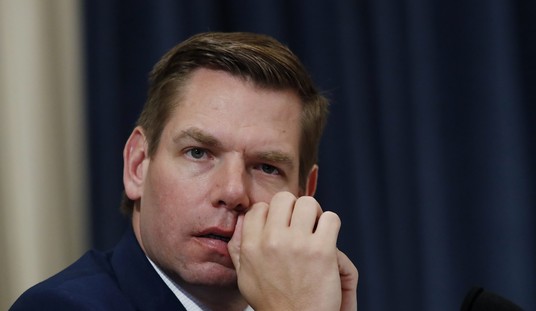




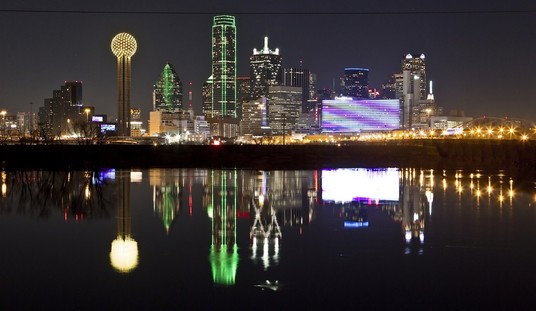


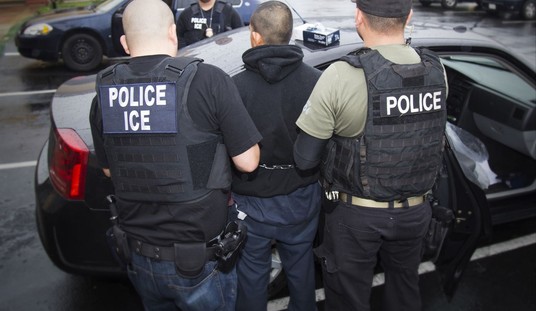

Join the conversation as a VIP Member